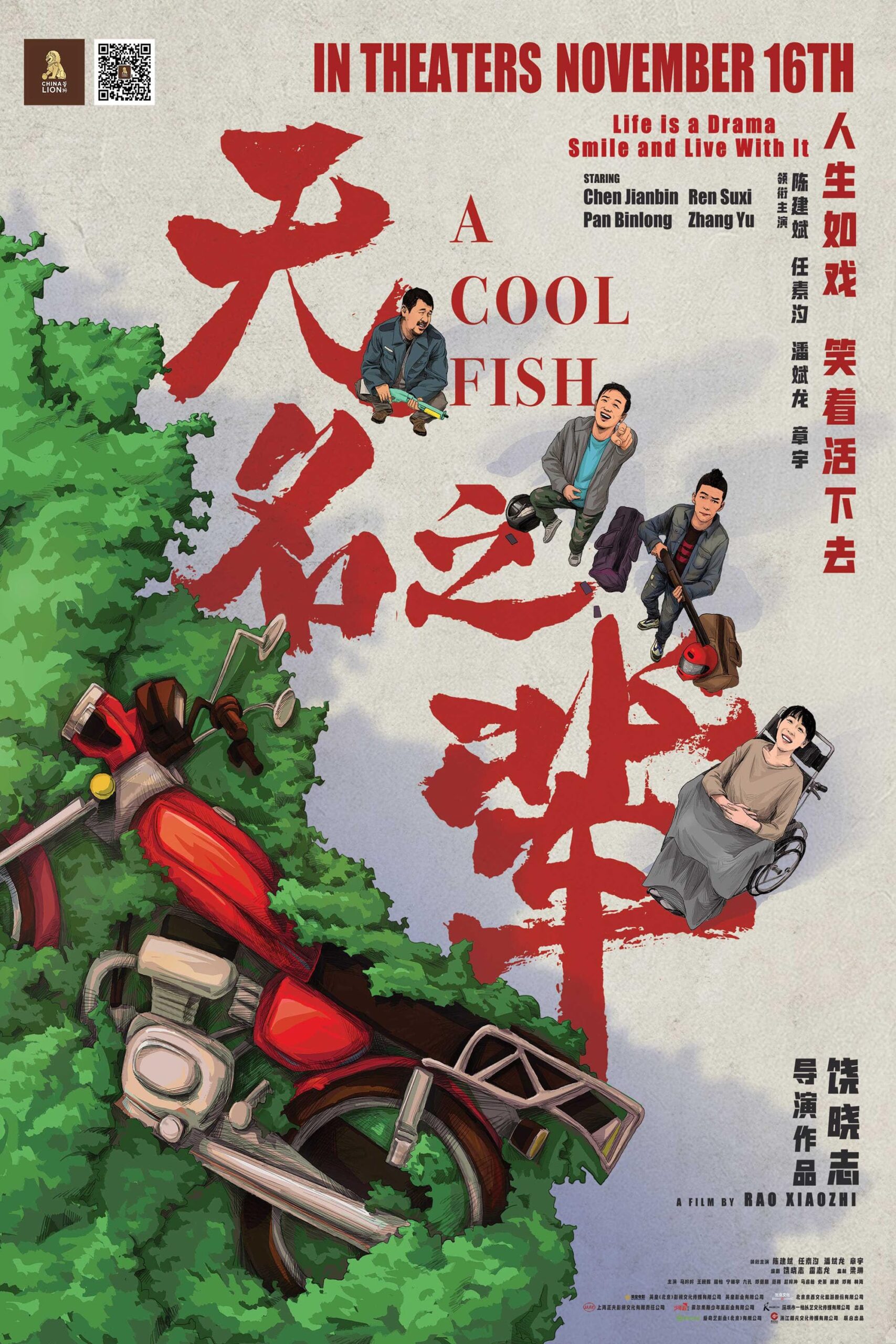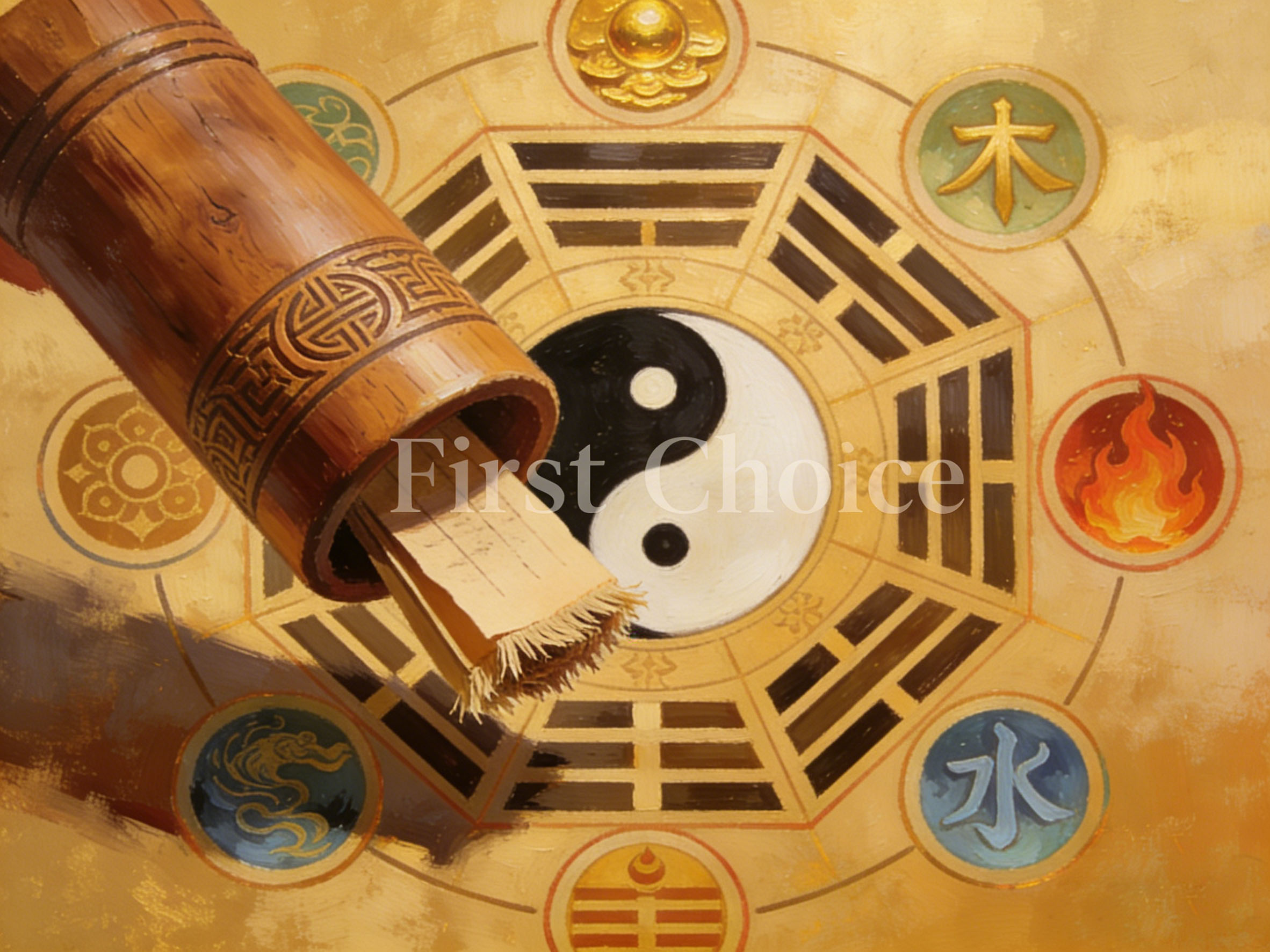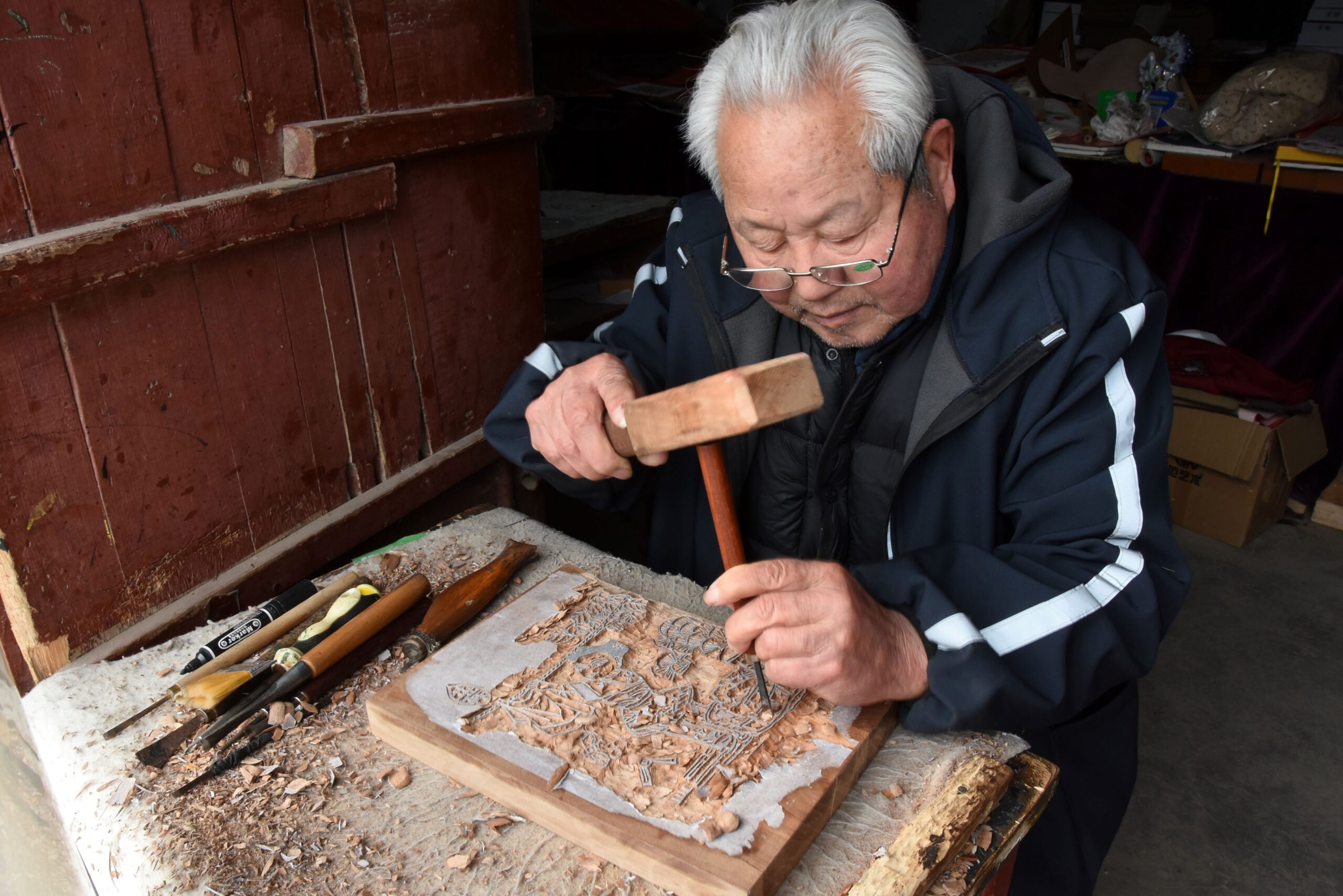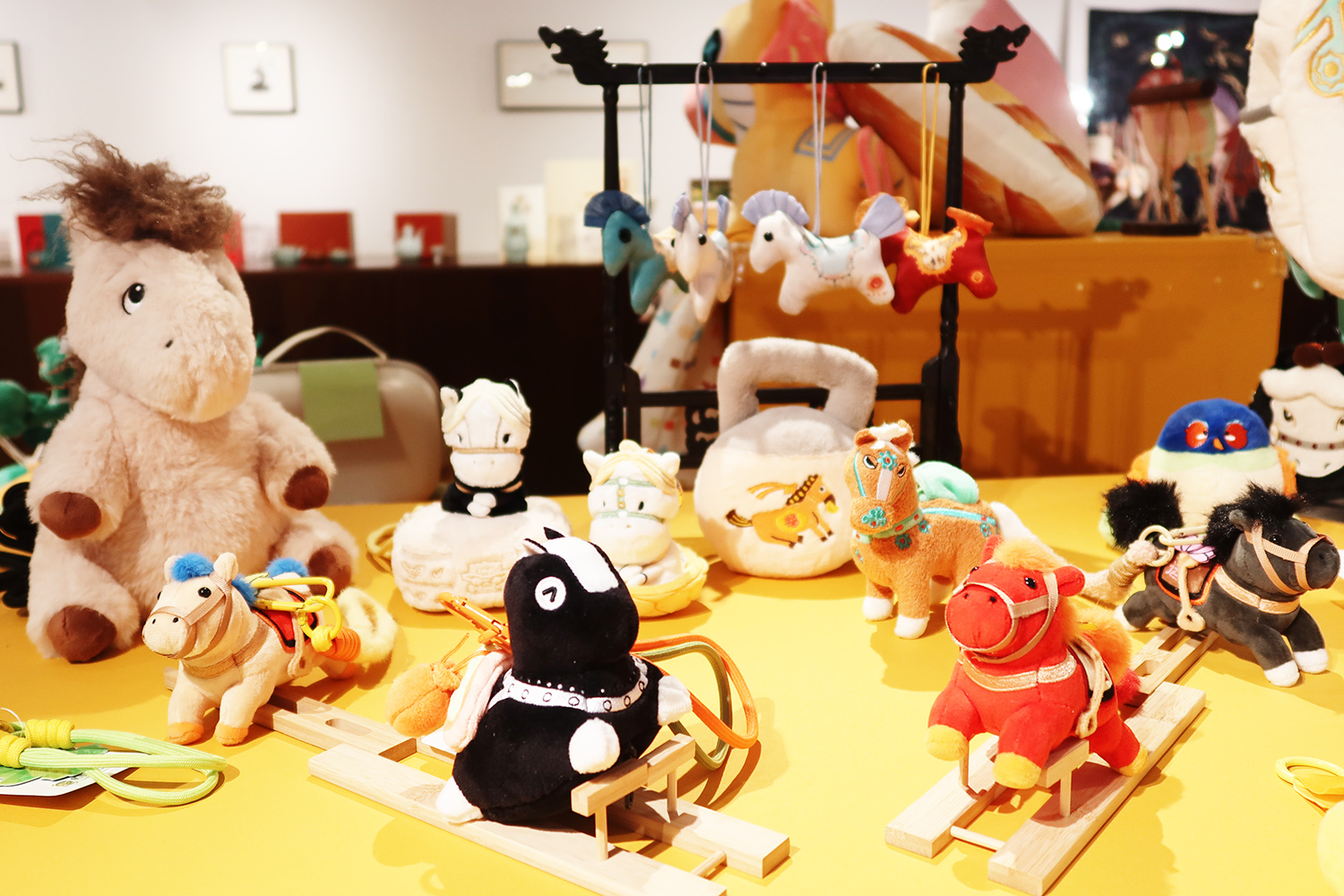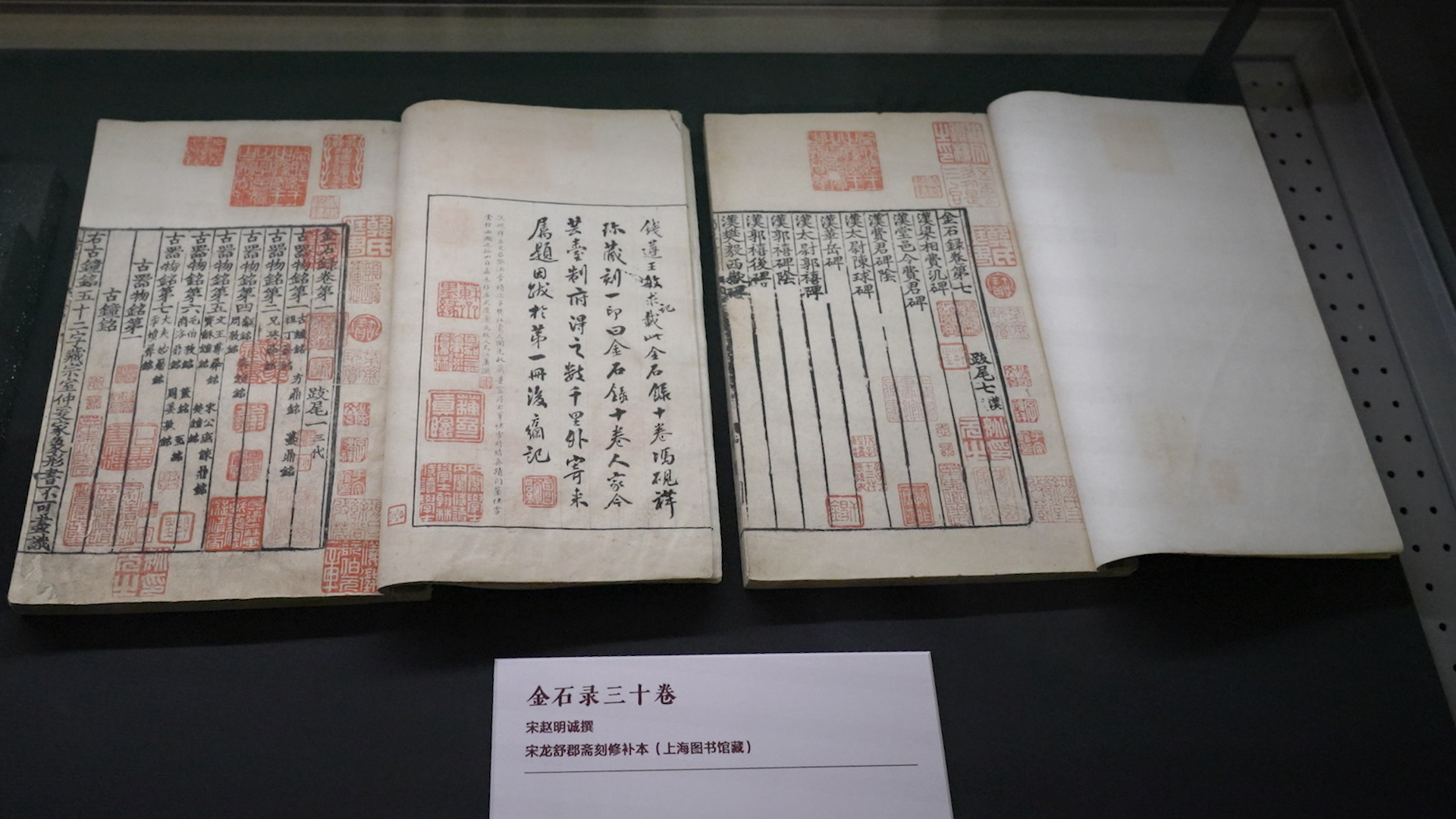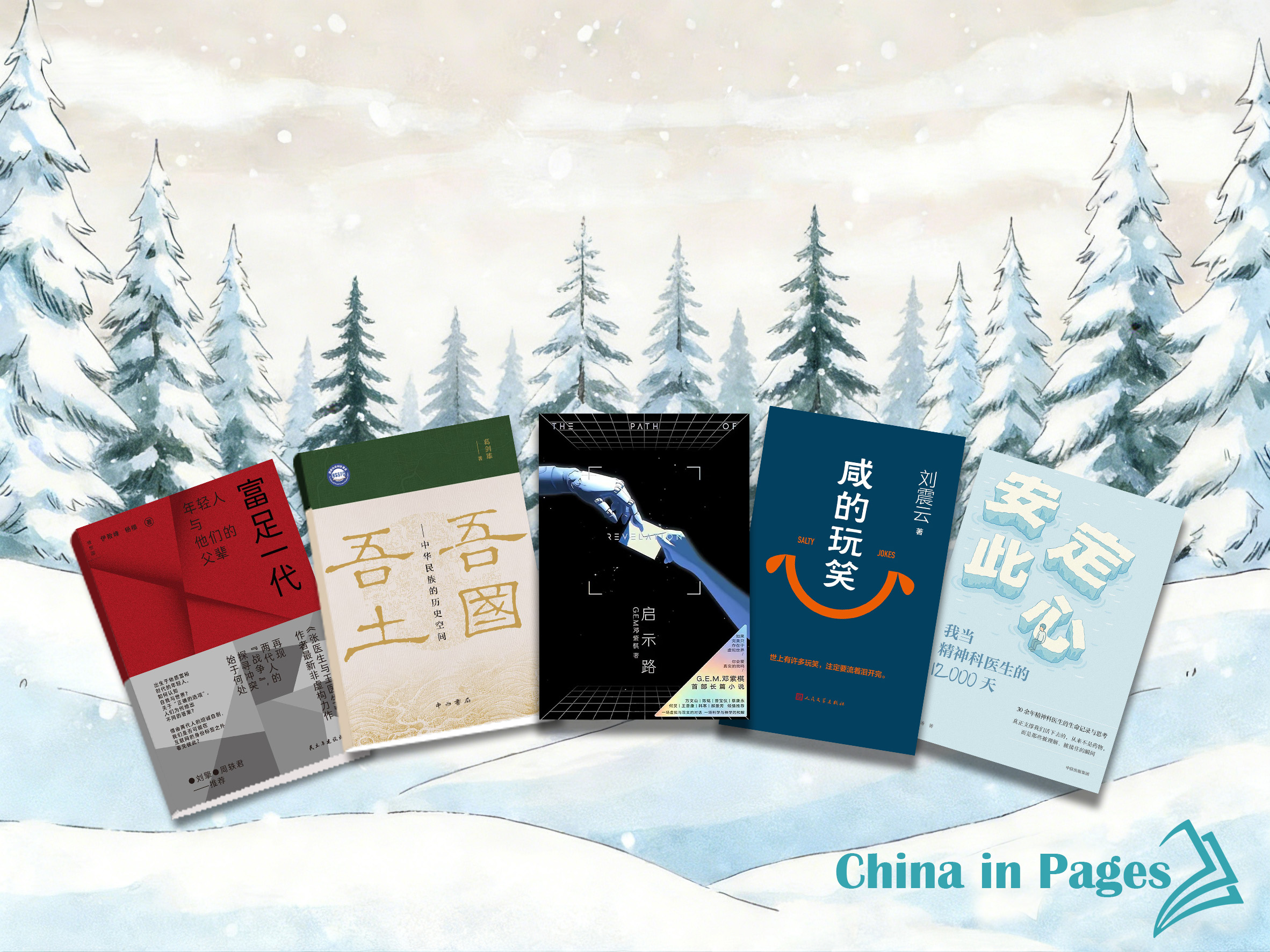Regional dialects bring authenticity, humour, and cultural depth to Chinese cinema.
On February 18th, Ne Zha 2 soared to the top of the global animated film box office charts. Among its beloved characters, Ne Zha’s master Taiyi Zhenren—famous for his distinct Sichuan-accented Mandarin—became an audience favorite. While Mandarin is spoken throughout China, there are different Chinese dialects and languages spoken across the country. Some of these can be similar to Mandarin, but others like Shanghainese or Cantonese are completely different. Increasing numbers of movies are integrating China’s various dialects and languages into their story. In today’s film and television landscape, Southwestern Mandarin, Cantonese, Northeastern Mandarin, and Central Plains Mandarin play a significant role, with the Sichuan dialect becoming a staple in many productions. Today, let’s explore some remarkable films infused with regional dialects and embark on a fascinating journey through language and storytelling.
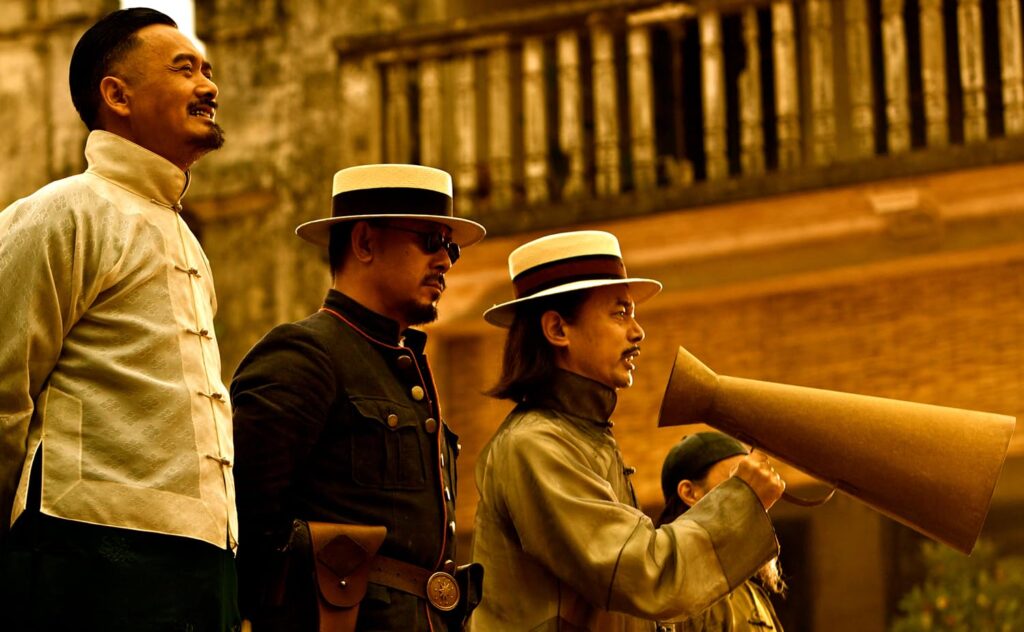
Sichuan Dialect: Let the Bullets Fly
A gripping tale set in the turbulent Republic of China era, Let the Bullets Fly (让子弹飞)follows bandit Zhang Muzhi, played masterfully by Jiang Wen, as he disguises himself as the upright official “Ma Bangde” and takes over as the magistrate of Echeng County. There, he enters a high-stakes power struggle with the cunning local tyrant Huang Silang, portrayed by the legendary Chow Yun-fat.
The Sichuan dialect in the film acts as a cultural key, unlocking layers of humor, grit, and social satire. Its unique tones, rich words, and lively rhythm give the characters raw charm, making their witty exchanges both fun and culturally rich.
Chongqing Dialect: Chongqing Hot Pot Heroes
A love letter to the city of Chongqing, Chongqing Hot Pot Heroes (火锅英雄) revolves around three old classmates—Liu Bo, Xu Dong, and Wang Pingchuan—who run a hot pot restaurant. Their lives take an unexpected turn when they accidentally break into a bank vault while renovating their establishment, setting off a thrilling and comedic heist.
Furthermore, the film’s use of the Chongqing dialect enhances its immersive storytelling. Bold, expressive, and full of character, the dialect mirrors the city’s fiery spirit—hot-blooded, passionate, and unapologetically real. Paired with iconic Chongqing elements like steaming hot pot, mysterious air-raid shelters, and winding alleys, the language brings the city’s vibrant essence to life.

Guizhou Dialect: A Cool Fish
A Cool Fish (无名之辈)offers a poignant glimpse into the struggles of society’s underdogs. Through a series of absurd yet relatable stories, the film captures their pursuit of dignity and dreams. The Guizhou dialect, with its unique phonetics and rich colloquialisms, is the film’s beating heart, making its characters feel refreshingly authentic and deeply moving.
The distinct pronunciation, unconventional sentence structures, and colorful local expressions add realism, drawing viewers into the characters’ world. The dialect adds humor and sincerity to the dialogue while deepening the audience’s bond with the characters.
Shanxi Dialect: Undoing Time
Told entirely in the Shanxi dialect, Undoing Time (年年岁岁)is a touching exploration of the father-son relationship. The protagonist, Mi Xun, returns to his hometown of Datong to shoot a film, reigniting long-standing tensions with his father. Their differing values, life choices, and generational gaps are expressed through their heartfelt yet often conflicting dialogues.
Moreover, the unique rolling “r” sounds and earthy expressions of the Shanxi dialect add depth to their exchanges. It highlights the father’s unwavering adherence to tradition and Mi Xun’s rebellious quest for self-expression, making their emotional journey feel raw and deeply resonant.

Shanghai Dialect: B for Busy
B for Busy (爱情神话)paints a tender portrait of Shanghai’s urban life through the lens of middle-aged locals—Lao Bai, Miss Li, Bei Bei, and Gloria. Their intertwining stories, filled with moments of love, nostalgia, and everyday musings, encapsulate the essence of the city’s refined charm.
The Shanghai dialect, with its soft, lilting tones and rich cultural nuances, adds an extra layer of authenticity. Whether in casual café conversations, lively market negotiations, or intimate exchanges between friends, the language brings Shanghai’s elegance and subtle humor to the forefront, immersing the audience in its unique rhythm and romance.
Beijing Dialect: The Dream Factory
A classic Beijing-style comedy directed by Feng Xiaogang, The Dream Factory (甲方乙方)follows a group of young entrepreneurs who establish a “dream-making” company, fulfilling people’s wildest and most whimsical fantasies.
The Beijing dialect plays a central role in shaping the film’s humor and local flavor. In addition, Its witty, down-to-earth dialogues reflect the city’s relaxed yet warm-hearted spirit. The signature “er” sounds and distinct slang not only add comedic flair but also serve as a vessel for Beijing’s rich cultural identity, making every exchange feel genuinely lived-in and effortlessly charming.
If you liked this article why not read: Best Chinese Animated Movies

